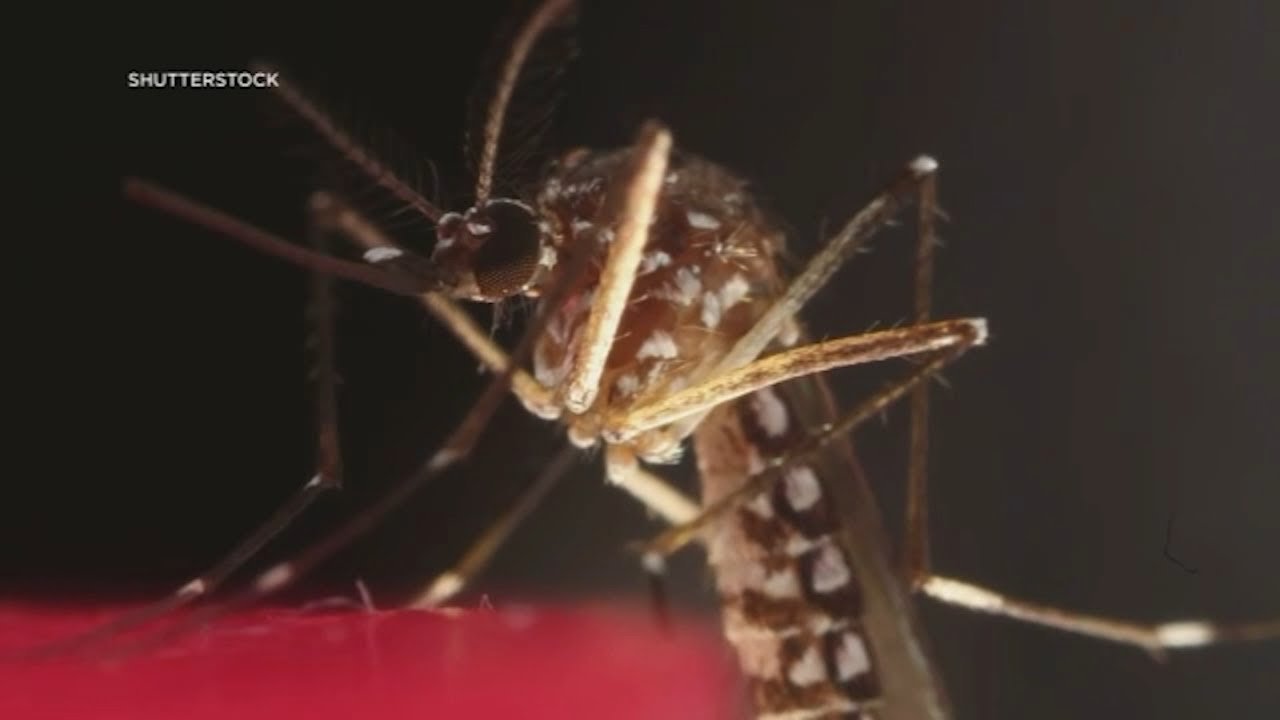Chikungunya Virus Outbreak in China: Hong Kong Reports First Case in Six Years
What is chikungunya outbreak in China has raised fresh alarms in the region, as Hong Kong confirmed its first case of the mosquito-borne disease in six years. Health officials are on high alert following the diagnosis of a 12-year-old boy, who is believed to have contracted the virus after visiting Foshan in Guangdong Province.
What Is Chikungunya?
Chikungunya is a viral disease transmitted by infected mosquitoes, particularly the Aedes aegypti and Aedes albopictus species. The infection causes fever, joint pain, rash, muscle pain, headache, and fatigue. While it is rarely fatal, the joint pain can be severe and sometimes lasts for months or even years, affecting the quality of life.
The virus does not spread directly from person to person but can spread within communities if an infected person is bitten by a mosquito, which then bites another person.
Details of the Hong Kong Case
According to Hong Kong’s public health authorities, the 12-year-old patient developed symptoms—fever, rash, and joint pain—after traveling to Foshan in July 2025. Upon his return, he was hospitalized and is currently being treated in a mosquito-free medical facility. His household has been placed under medical surveillance to prevent any potential transmission.
This is the first confirmed case of chikungunya in Hong Kong since 2019, sparking widespread concern among both health officials and the general public.
Chikungunya Virus Outbreak in Foshan, Guangdong
Foshan city has reported more than 6,500 infections in just a few weeks, marking a significant and alarming spike in cases. The local government has ramped up control efforts, reminiscent of the pandemic-era restrictions, to curb the spread of the disease.
Due to the outbreak, other cities in China have taken strict precautionary steps. For example, Fuzhou in Fujian Province is now requiring all travelers from Foshan to undergo a 14-day home quarantine, even if they show no symptoms.
Macau Reports Local Transmission
Adding to the regional anxiety, Macau confirmed a locally transmitted case on August 1, after having earlier reported an imported case also linked to Foshan. This is further evidence of the growing risk of regional transmission and highlights the urgent need for cross-border public health collaboration.
Mosquito Control Measures in Hong Kong
In response to the confirmed case, the Hong Kong Food and Environmental Hygiene Department has begun aggressive mosquito control measures in the boy’s residential area. These include:
Fogging operations to kill mosquitoes
Removing stagnant water to eliminate breeding grounds
Distributing leaflets and awareness materials to residents
These actions aim to prevent the virus from spreading within the densely populated city.
What Should You Do?
To prevent infection during this chikungunya virus outbreak in China, the public is advised to take the following precautions:
Use mosquito repellent, especially during the daytime when Aedes mosquitoes are active
Wear long-sleeved clothing and pants to minimize skin exposure
Avoid areas with stagnant water or poor sanitation
Install mosquito nets and screens on windows and doors
Travelers to or from affected areas should monitor for symptoms and seek medical attention if fever or joint pain develops.
Final Thoughts
The recent what is chikungunya in China, particularly in Guangdong’s Foshan city, is a stark reminder of the global risk posed by mosquito-borne diseases. With Hong Kong, Macau, and other regions now reporting related cases, coordinated efforts in public health education, mosquito control, and travel monitoring are essential.
While the situation is under active surveillance, the public should remain informed and vigilant to help curb the spread of the virus. With timely response and community cooperation, the outbreak can be managed effectively.






8 Comments on “What is Chikungunya? Symptoms, Causes, and Prevention”